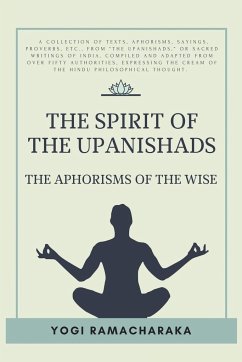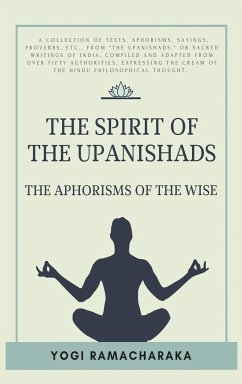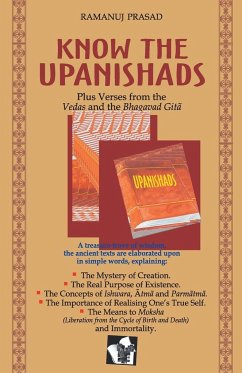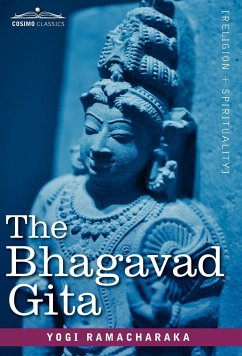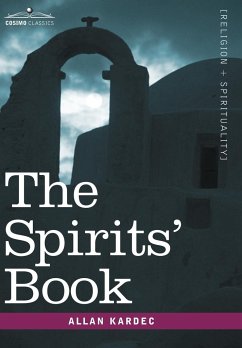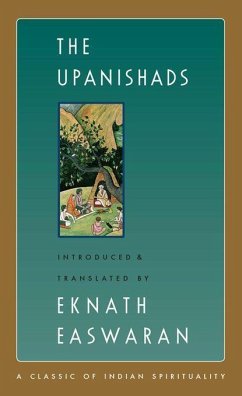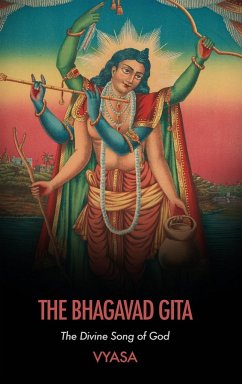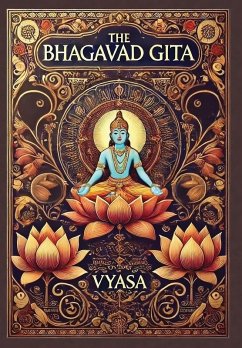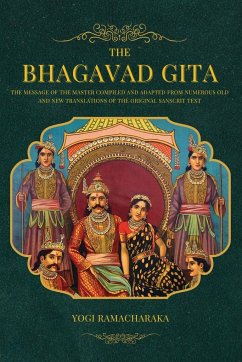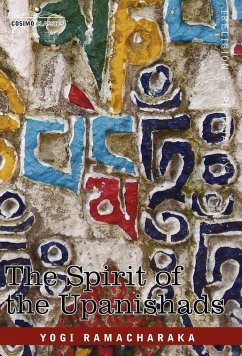
The Spirit of the Upanishads
Versandkostenfrei!
Versandfertig in über 4 Wochen
24,99 €
inkl. MwSt.
Weitere Ausgaben:

PAYBACK Punkte
12 °P sammeln!
Here in one compact volume is the "cream of Hindu philosophical thought," a collection of aphorisms, sayings, and proverbs culled from the Upanishads, the sacred writings of India, and assembled by one of the most influential writers and editors of the New Thought movement of the early 20th century, the adherents of which were profoundly interested in the collective spiritual wisdom of all humanity. This 1907 volume features the fruit of Hindu thinking on: . The Real Self . The Way . The Student . The Teacher . The Law of Karma . Spiritual Knowing . and more. American writer WILLIAM WALKER ATK...
Here in one compact volume is the "cream of Hindu philosophical thought," a collection of aphorisms, sayings, and proverbs culled from the Upanishads, the sacred writings of India, and assembled by one of the most influential writers and editors of the New Thought movement of the early 20th century, the adherents of which were profoundly interested in the collective spiritual wisdom of all humanity. This 1907 volume features the fruit of Hindu thinking on: . The Real Self . The Way . The Student . The Teacher . The Law of Karma . Spiritual Knowing . and more. American writer WILLIAM WALKER ATKINSON (1862-1932) was editor of the popular magazine New Thought from 1901 to 1905, and editor of the journal Advanced Thought from 1916 to 1919. He authored dozens of New Thought books under numerous pseudonyms, some of which are likely still unknown today, including "Yogi Ramacharaka" and "Theron Q. Dumont."




